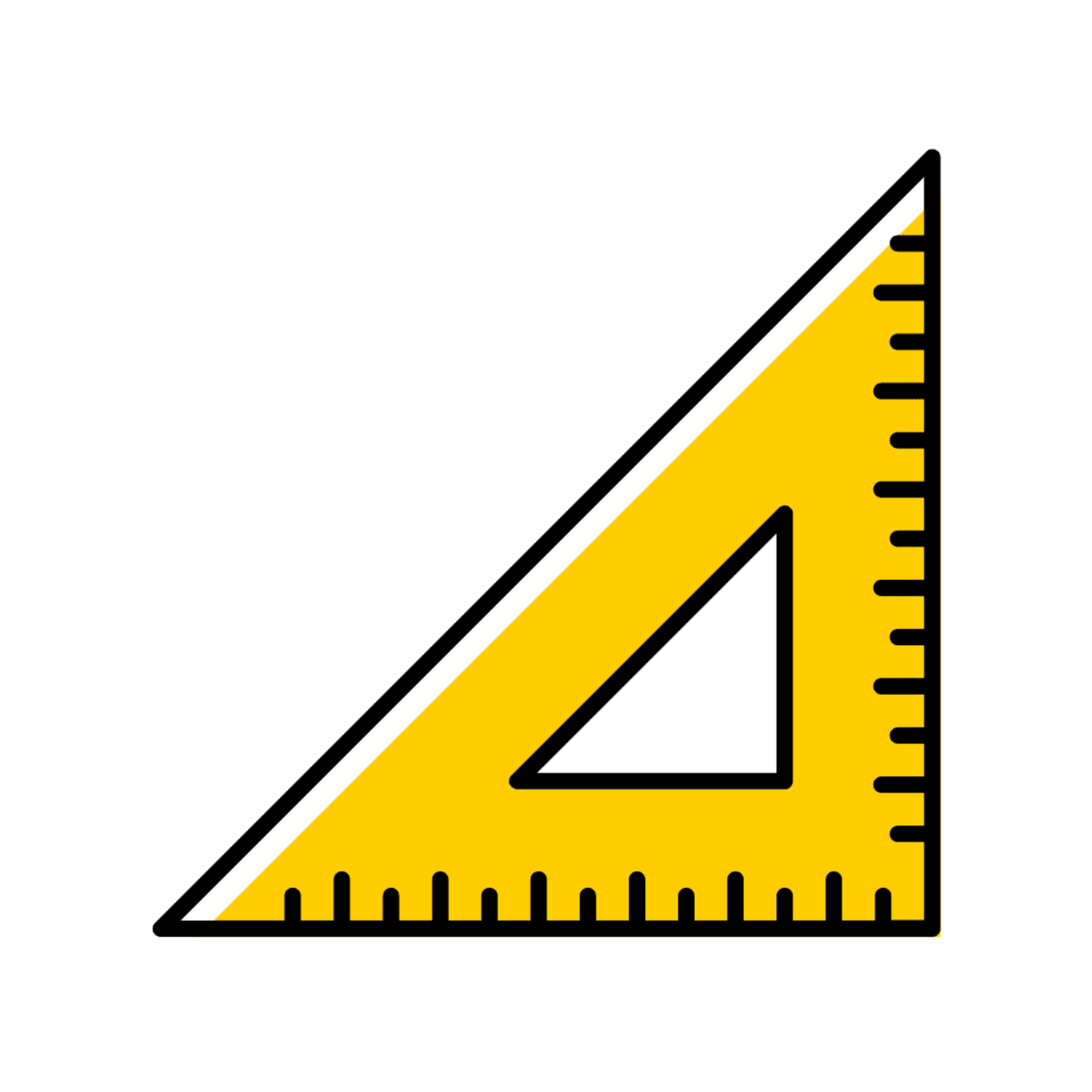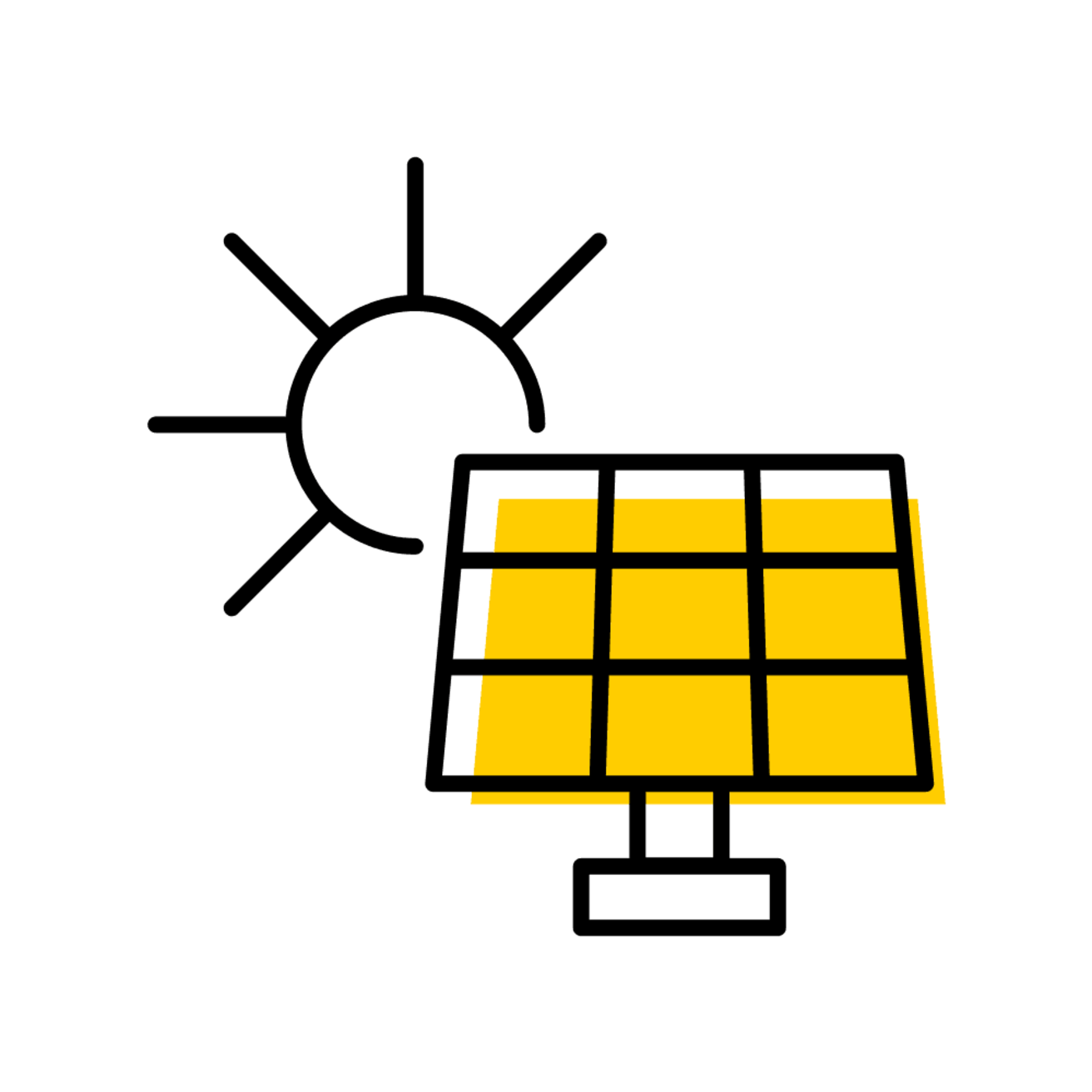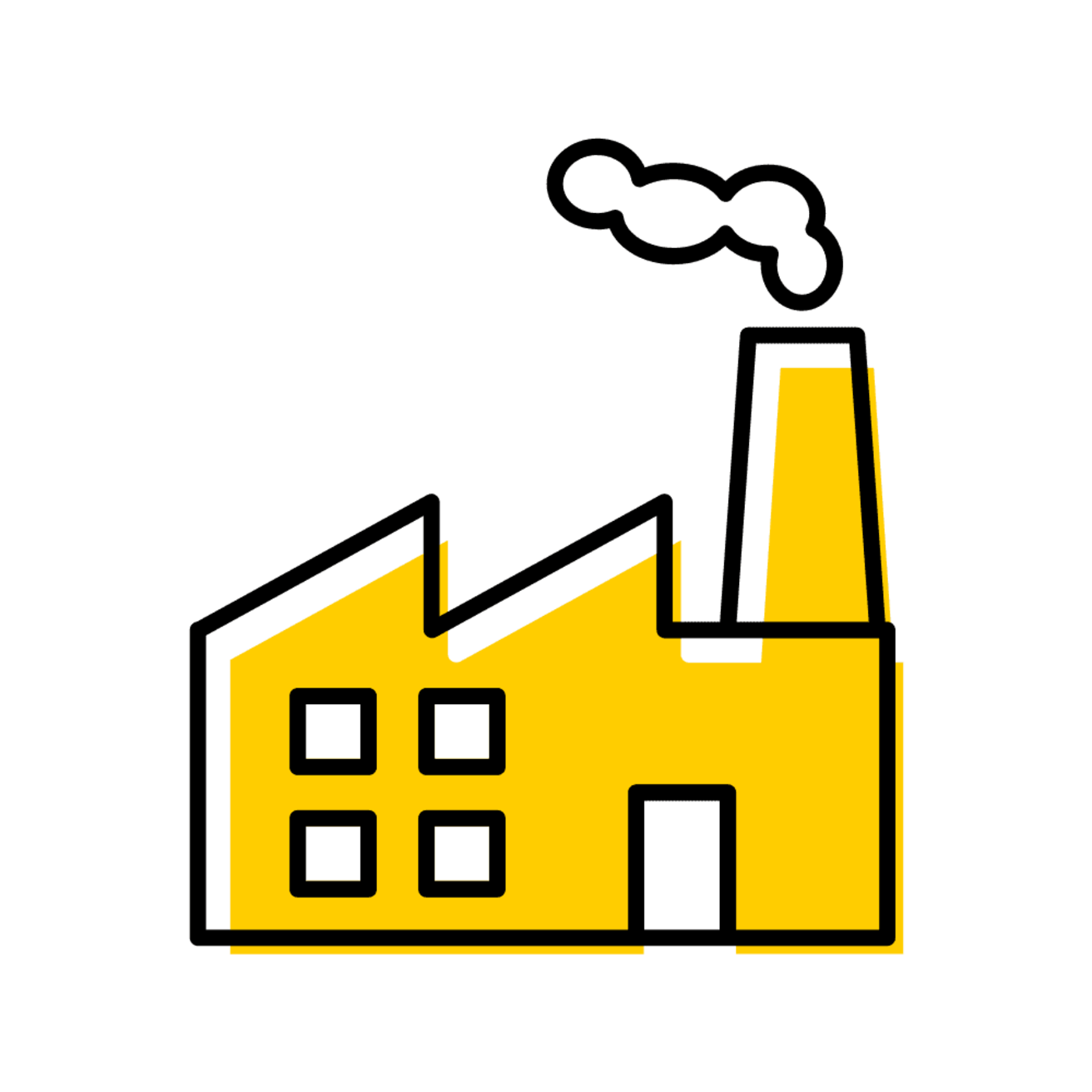Main navigation
The focus area (FA) is a set of 21 semester hours of elective courses taken during the sophomore to senior years that provide mechanical engineering undergraduate students with a unique opportunity to acquire advanced education in an area of their choice. FAs are intended to spark the interest of students in a specialty, and also make a student more attractive to future employers. Students are urged to read the complete FA Policy and Guidelines of the department. Students have the choice of selecting one of the program-standard focus areas or of developing their own tailored focus area suited to their career aspirations. All FAs must include an approved math/science elective.
Standard FAs
The Department of Mechanical Engineering offers four standard undergraduate focus areas:
Design
This FA provides an in-depth background in the computational methods commonly used in modeling, analysis, synthesis, simulation, and design optimization of mechanical, thermal, and fluid systems. Developing an understanding of how design/analysis software functions and gaining a working knowledge of commonly used software solutions form the centerpiece of this FA. Students working toward the design FA are required to participate in the Program for Enhanced Design Experience (PEDE) or Virtual International Project Team (VIPT) enhanced design projects.
FA coordinators: Prof. Kamran Samani and Prof. Sharif Rahman
Energy and Environment
This FA provides advanced education in the increasingly important area of energy production, utilization, and its environmental impact, with particular attention to emerging technologies. It also provides a solid foundation in transport process modeling and an introduction to environmental engineering. Engineers working in this area must possess not only the fluid dynamics and heat and mass transport modeling abilities typical of mechanical engineers, but also a level of understanding of the sustainability of engineered systems.
FA coordinator: Prof. Al Ratner
Manufacturing
Manufacturing covers a broad range of processes and modeling/simulation/experimentation activities all focused on the conversion of materials into products. As of now in the U.S., especially in the Midwest, manufacturing represents one of the largest industrial sectors. Examples include vehicle and equipment manufacturing and metal, polymer, ceramic, and glass processing. This FA provides students with an advanced education in manufacturing and material process principles, modeling, design and control, quality control, material behaviors, automation, and robotics.
FA coordinator: Prof. Hongtao Ding
Robotics and Autonomous Systems
Autonomy is a multidisciplinary field encompassing robotics, dynamic systems, cyberphysical systems, sensing, control, and network science. Applications include self-driving cars, medical and assistive robots for surgery and rehabilitation, industrial co-robots for human-robot collaboration, and unmanned aerial, ground, and underwater vehicles.
FA coordinator: Prof. Venanzio Cichella
Students select a standard FA by completing the online FA Plan of Study form.
Students can earn the Naval Science and Technology Certificate or Artificial Intelligence, Modeling, and Simulation (AIMS) Certificate while completing either the design focus area or the robotics and autonomous systems focus area.
For fall 2021, ME:4145 Industrial Internet of Things (IIOT) has been added to FAs. For fall 2020 it was offered with temporary course ME:5195 Contemporary Topics in Mechanical Engineering – Industrial Internet of Things (IIOT). It is eligible for FA credit.
Tailored FA
Students may also design an FA based on individual interests. All tailored FAs must consist of at least 21 semester hours of courses and satisfy the ME FA Policy and Guidelines. A tailored FA must be rigorous, well-focused, in-depth, and consistent with a student's career plan. A collection of lower-level courses in a number of disparate areas will not satisfy this FA requirement. Students must consult with their advisor prior to choosing a tailored FA and fill out an online FA Plan of Study form.
All tailored FAs require approval by the ME department chair.
There are two different types of tailored FAs:
- An official UI minor or certificate program is completed. A common minor for ME students is the business minor. The ME department is the administrative home for the Naval Science and Technology Certificate and Artificial Intelligence, Modeling, and Simulation (AIMS). Other common certificates are the Technological Entrepreneurship Certificate and Sustainability Certificate, but any official UI minor or certificate is possible. Note that it may be possible to take some of the courses that are required for a minor or certificate as part of the General Education Component (GEC) requirement. If an official UI minor or certificate program requires less than 21 semester hours and does not require at least 9 semester hours of upper-level College of Engineering courses, then the remaining FA courses must be upper-level College of Engineering courses.*
- The tailored FA consists of a well-focused set of courses from the College of Engineering and/or other UI colleges. In order to maintain some technical rigor and depth, such FAs must contain at least 9 s.h. of upper level* College of Engineering courses. However, this requirement may be waived if the FA consists of an in-depth program in mathematics, computer science, the physical sciences, or the natural/health sciences, with an equivalent component of upper level* courses.
*Upper-level mechanical engineering courses are defined as ME courses numbered 4100 or above. However, upper-level courses in other College of Engineering departments may also have 3000 numbers in some cases. Students should consult their advisors for clarification on whether or not a non-ME course is classified as upper-level. See also the policy for numbering of ME courses.
Mathematics minor
To earn the mathematics minor, ME students must complete three additional semester hours of math courses that are at a higher level than those required in the ME curriculum. It is suggested that students wishing to complete the mathematics minor select the additional course, as a flexible elective course, from the following list.
- MATH:3720 Introduction to Abstract Algebra
- MATH:3770 Fundamental Properties of Spaces and Functions I
- Any mathematics course numbered above 4000 (MATH:4000+), except MATH:4010 and MATH:4020
- (MATH:3800 Introduction to Numerical Methods)*
*Beginning with Fall 2022, taking both ME:4111 and MATH:3800 is not approved for any focus areas as the course contents overlap substantially. Please read the policy for flexible elective courses (category iii) in your focus area.
Changes to FA course selections
Any changes to FA course selections will require that a new updated FA Plan of Study form be completed.
Approved flexible electives
Each of the standard FAs allows for the completion of one “flexible elective” course that is not included in the list of qualifying electives given in the standard FA documents. In addition to classes that fall into categories (i) through (iv), as described in the FA documents, students are permitted to select the flexible elective from the following list of approved courses (category v). Contact the undergraduate committee chair to request consideration of courses to be added to this list.
College of Liberal Arts and Sciences:
- TDSN:3285 Fabrication & Design: Hand-Built Bicycle
- MTLS:4960 Hand-Built Bicycle II
- PHYS:3750 Fundamentals of Micro and Nano-Fabrication



